Product Description
The Key Benefits of FRP Petroleum Tank
FRP petroleum tanks offer superior corrosion resistance, durability, and low maintenance, making them an ideal choice for safely and efficiently storing petroleum products in various industrial and commercial applications.
Corrosion Resistance
Unlike traditional steel or concrete tanks, FRP petroleum tanks offer exceptional resistance to corrosion. This makes them ideal for storing petroleum products, which can cause significant wear and tear on other materials. The corrosion-resistant properties ensure a longer lifespan and reduce the risk of leaks and contamination.
Durability
Constructed from robust fiberglass-reinforced plastic (FRP), FRP tanks are highly durable and can withstand harsh environmental conditions. They are designed to handle extreme temperatures, UV exposure, and mechanical stress, providing reliable performance over the long term.
Lightweight
FRP tanks are significantly lighter than their metal counterparts, making them easier to transport and install. This lightweight nature reduces transportation costs and simplifies installation, making them a cost-effective choice for many applications.
Chemical Resistance
FRP petroleum tanks are resistant to a wide range of chemicals, ensuring that the stored petroleum products do not degrade the tank material. This chemical resistance enhances the tank’s durability and maintains the integrity of the stored contents.
Low Maintenance
FRP tanks require minimal maintenance compared to steel or concrete tanks. Their resistance to rust, corrosion, and chemical attacks means they do not need regular painting or unique treatments, reducing maintenance costs over time.
Environmental Safety
FRP petroleum tanks are designed to prevent leaks and spills, protecting the environment from potential contamination. Their robust construction and resistance to corrosion ensure that hazardous materials are securely contained.
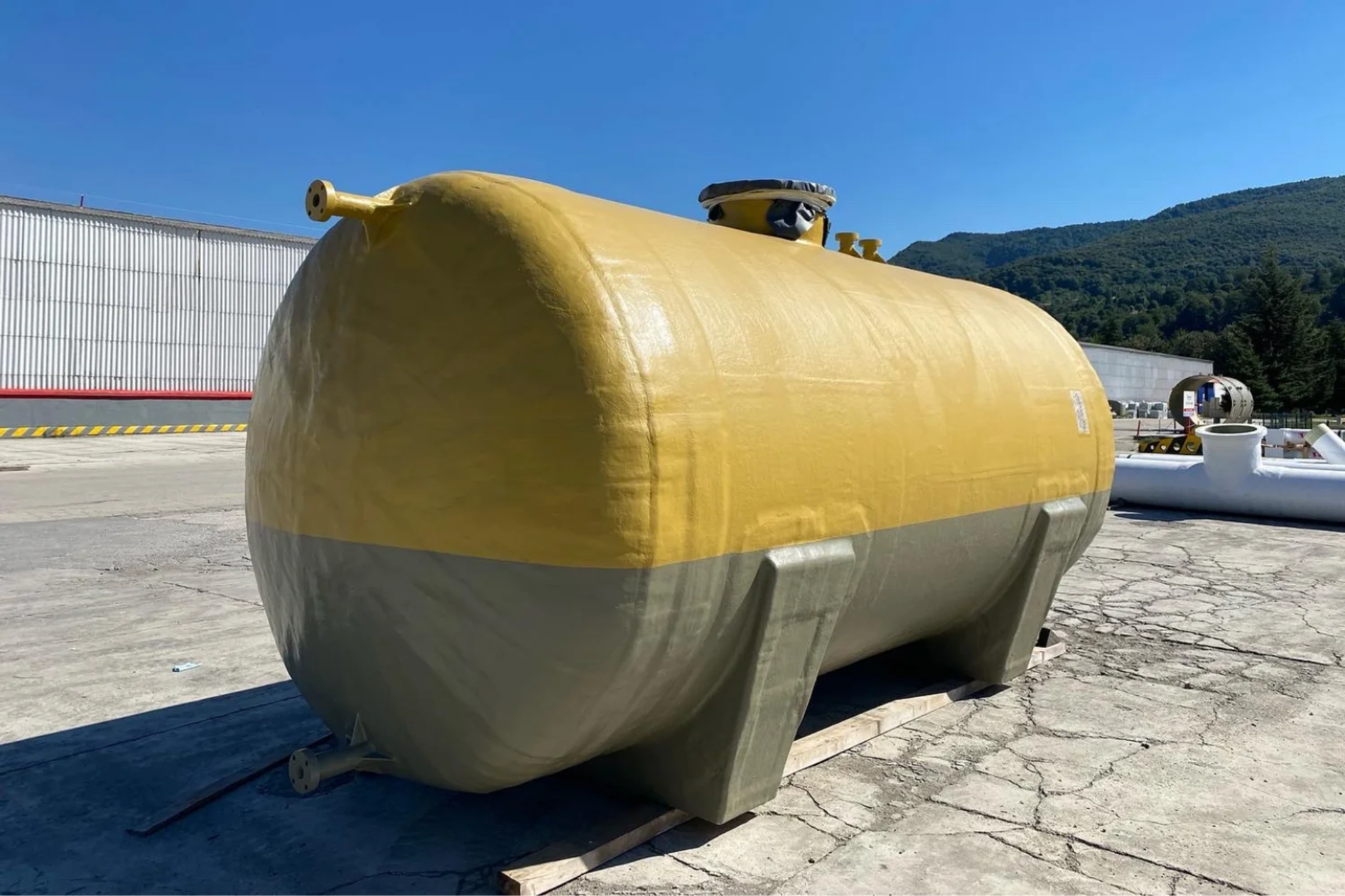
The Applications of FRP Petroleum Tank
FRP petroleum tanks offer versatile and reliable storage solutions across various industries, enhancing safety and efficiency in fuel storage and handling. Their corrosion resistance, durability, and low maintenance make them an excellent choice for commercial and industrial applications.
Fuel Stations
FRP petroleum tanks are commonly used in fuel stations to store gasoline, diesel, and other petroleum products. Their corrosion-resistant properties ensure safe and long-term storage and prevent leaks and contamination.
Industrial Facilities
In industrial settings, FRP tanks are used to store a range of petroleum-based products, including lubricants, solvents, and raw materials. Their durability and resistance to harsh chemicals make them ideal for such demanding environments.
Marine and Offshore
The marine industry benefits from FRP tanks due to their resistance to saltwater corrosion. They are used to store fuel and other petroleum products on ships, offshore platforms, and docks, ensuring reliable and safe storage in challenging conditions.
Agricultural Sector
FRP petroleum tanks are also used in agriculture to store fuels and oils used in farming equipment. Their lightweight nature and ease of installation make them a practical choice for rural and remote areas.
Emergency Backup
Many facilities use FRP petroleum tanks for emergency fuel storage. Their robustness and reliability ensure that critical fuel supplies are available during power outages or other emergencies.
Remote Locations
In remote areas with limited access to fuel infrastructure, FRP tanks provide a reliable solution for storing petroleum products. Their lightweight and easy-to-install nature makes them suitable for challenging terrains.

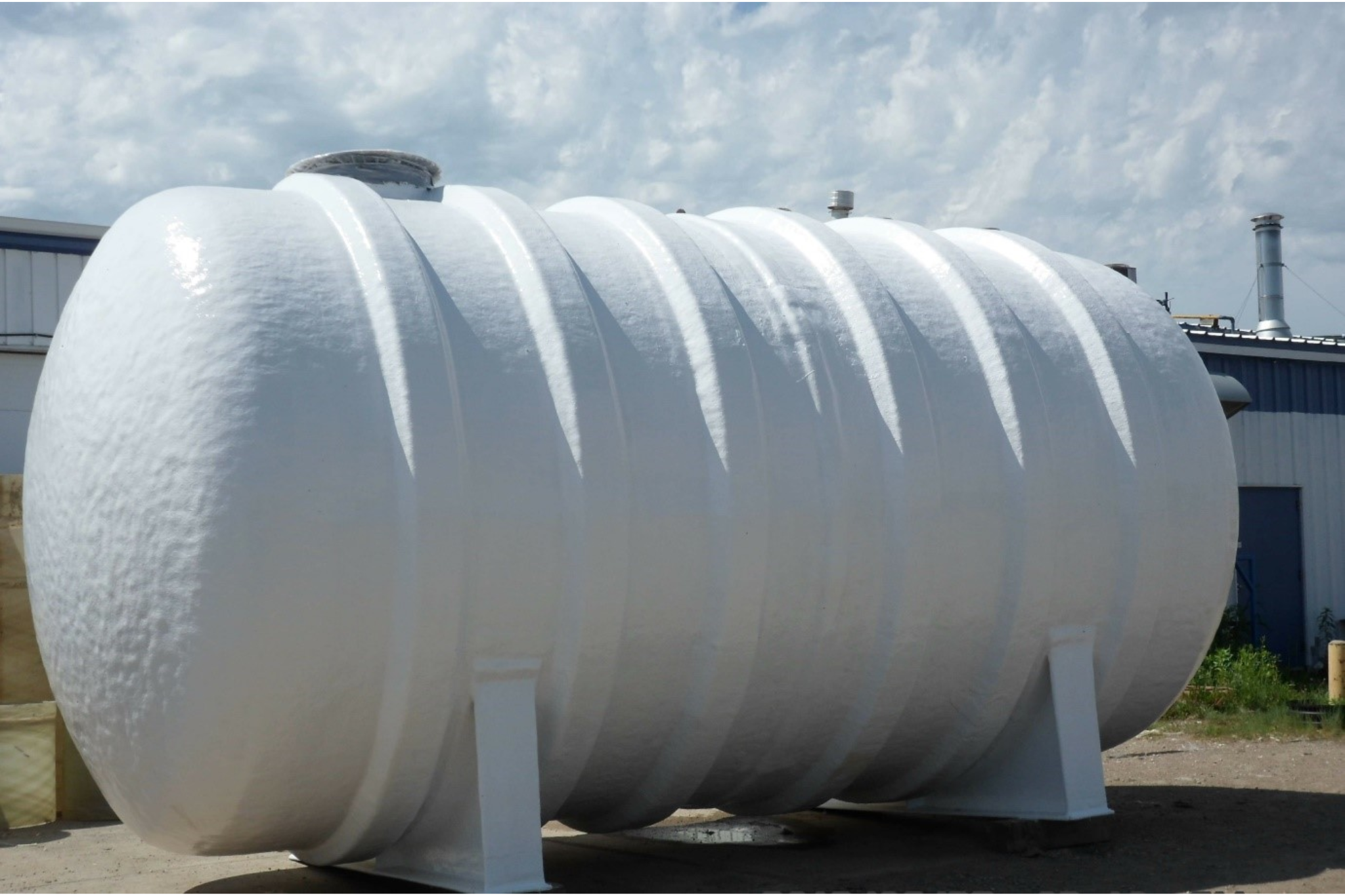
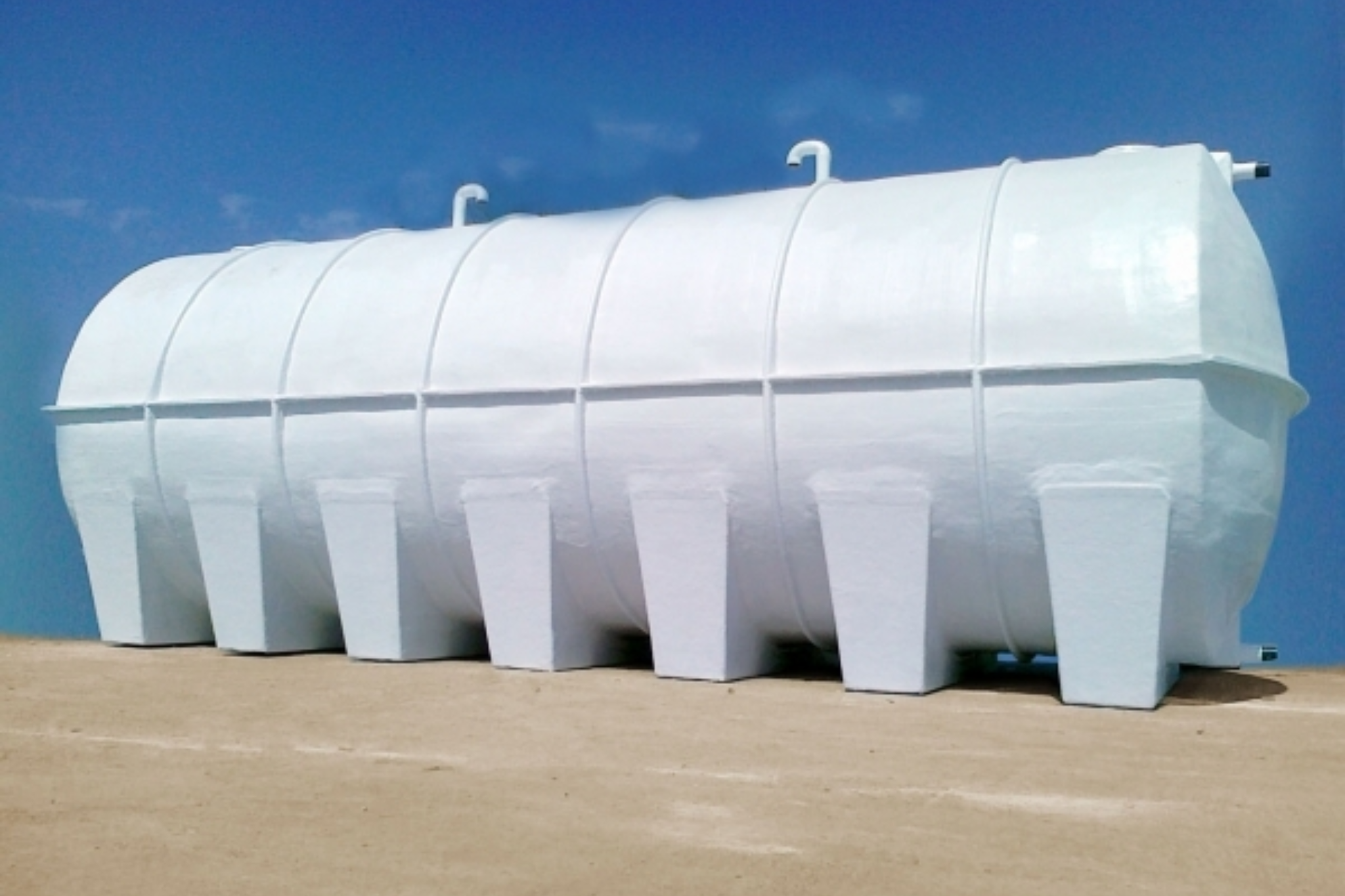
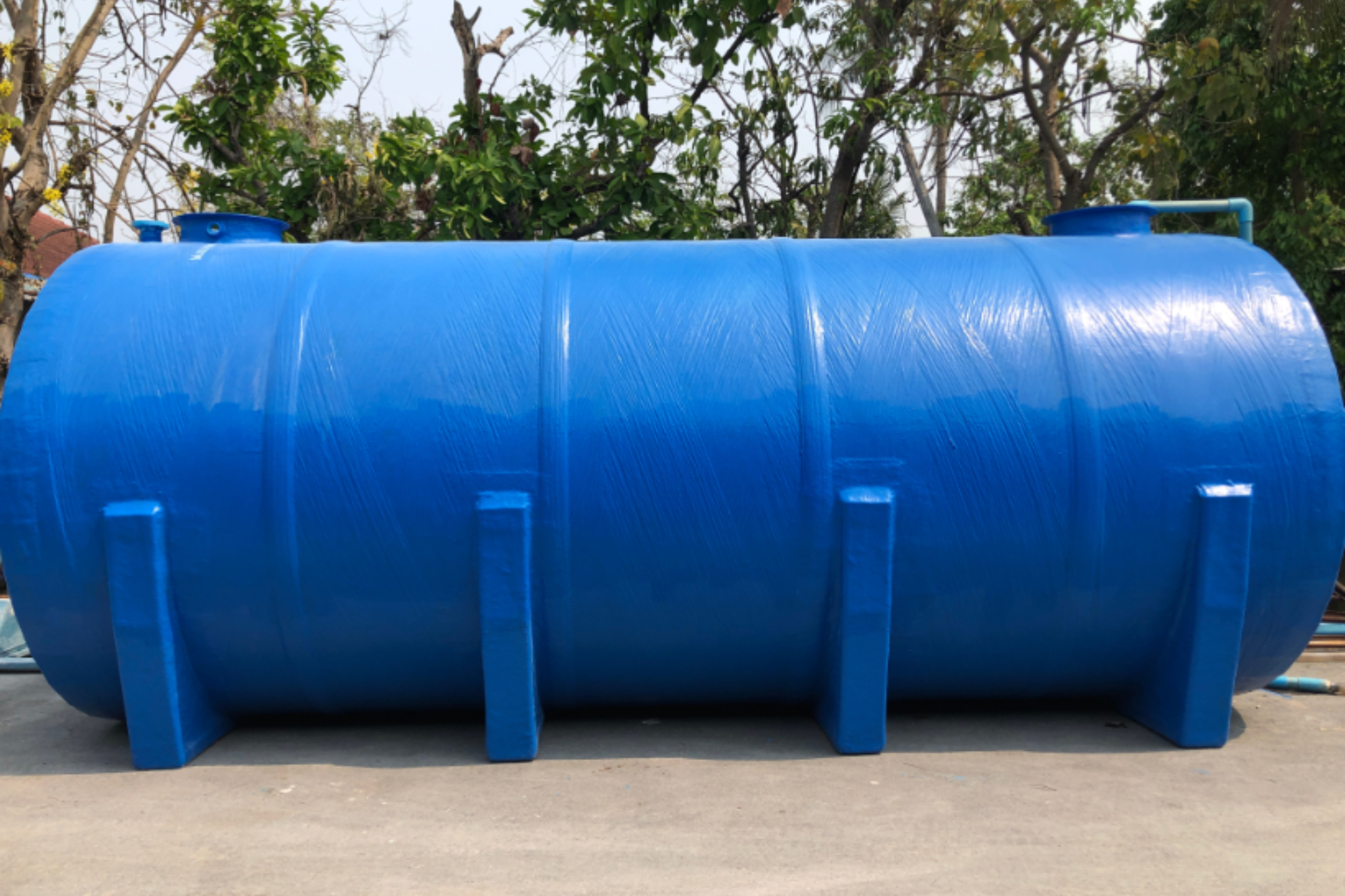
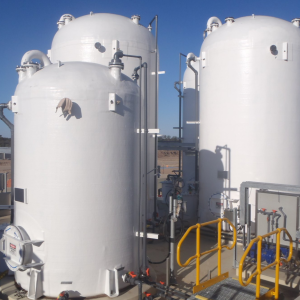
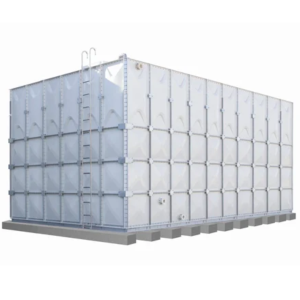

Đánh giá
Chưa có đánh giá nào.